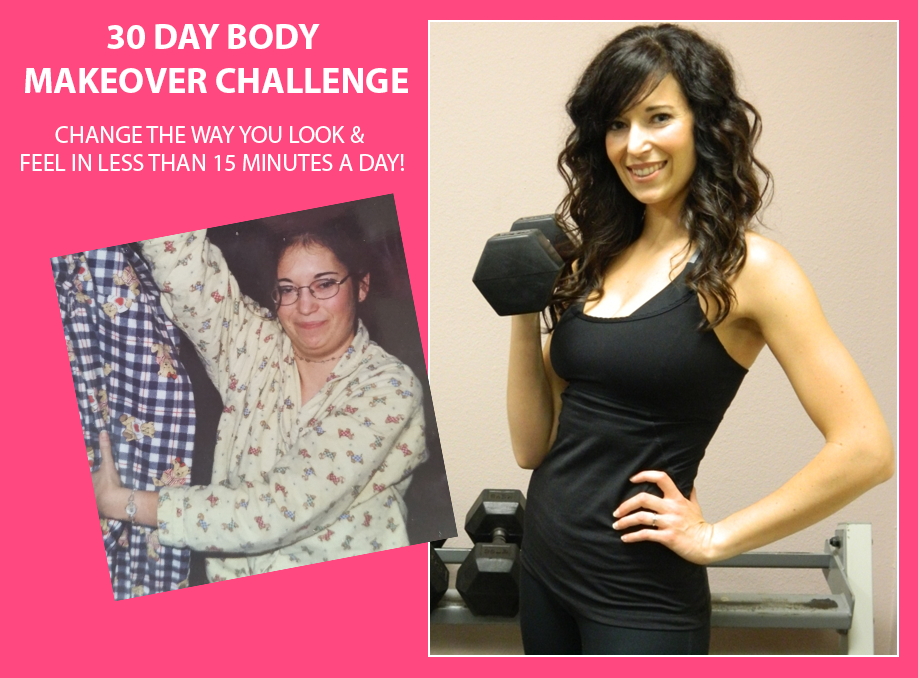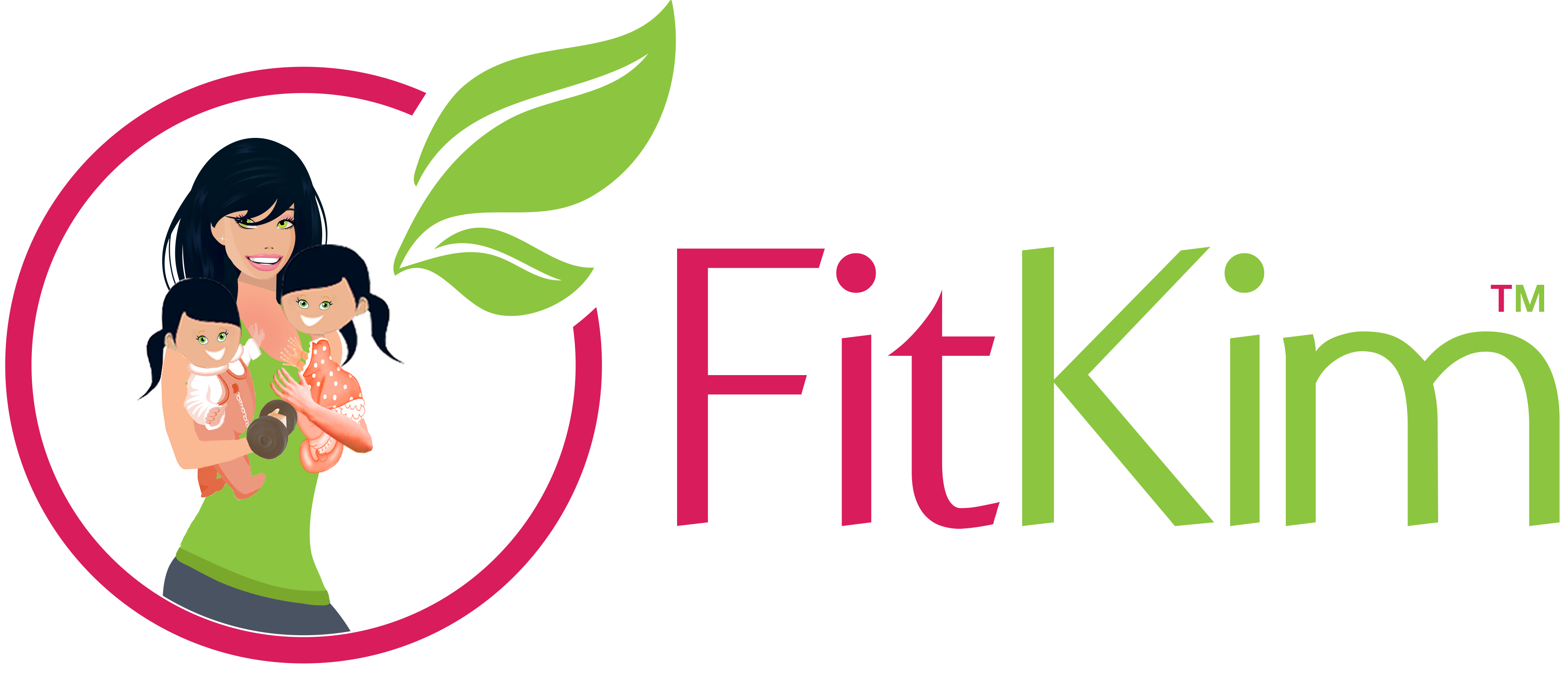Guest Blogger, Gemma Adler
 We’ve spoken a lot on this website about clean and healthy eating. It is SO important that people get the right kind of nutrients, from the right kind of sources. A healthy diet, and a healthy lifestyle, can make such a huge difference to the way you feel, act, and even interact! Doctors and insurers spend a considerable amount of time and resources trying to encourage healthy dietary habits. Clearly it’s absolutely vital for your health and wellbeing to put the right kind of stuff into your body.
We’ve spoken a lot on this website about clean and healthy eating. It is SO important that people get the right kind of nutrients, from the right kind of sources. A healthy diet, and a healthy lifestyle, can make such a huge difference to the way you feel, act, and even interact! Doctors and insurers spend a considerable amount of time and resources trying to encourage healthy dietary habits. Clearly it’s absolutely vital for your health and wellbeing to put the right kind of stuff into your body.
However, it’s also important that you go about this with the right kind of mindset. Increasingly, a subsection of people are emerging who are worryingly obsessed with eating pure, clean foods. Their diets become increasingly exclusive, and increasingly restrictive. So much so that it’s affecting their health. So called ‘orthorexia nervosa’ can cause serious disruption to a person’s mental health, physical health, relationships, careers, and lives in general. In the worst cases, it can be just as bad for the sufferer as its cousin – anorexia. Here, we take a quick look at orthorexia, and offer some advice on avoiding it:
What Is Orthorexia?
‘Orthorexia nervosa’ is not yet a clinically recognised condition – but it’s only a matter of time. Many psychiatrists have no hesitation in diagnosing it, and eating disorder professionals have major concerns about its growth,
In essence, orthorexia nervosa is an obsession with eating ‘pure’, usually highly regimented diets. This obsession is often taken to dangerous extremes. Symptoms include:
- An obsession with eating pure, healthy foods, or foods which are ‘right for your body type’. This obsession assumes supremacy over many other aspects of your life.
- Extreme anxiety and/or disgust at having to eat foods not on the self-issued list of ‘approved’ foods.
- A sense of superiority over others based on dietary choices.
- Frequently bringing up one’s diet in conversation.
- Criticising at length the dietary choices of others.
- Rigid and obsessive policing of what you eat.
- Spending an inordinate amount of time thinking about your diet.
- Eliminating entire food groups in the search for the ‘perfect’ diet.
- Self-diagnosis of intolerances and/or allergies in an effort to justify increasingly rigid and restrictive dietary behaviors.
- Feelings of shame when unable to comply with your diet.
- Refusing invitations to social events because of concerns about the quality of the food available.
- Depression, stress, and/or anxiety based around food.
- Physical symptoms associated with a restricted diet, including poor immunity, brittle bones, weight loss or gain, poor skin condition, and problems with internal organs.
Why Is It Bad?
Part of the problem with orthorexia is that eating healthily is, obviously, a very good thing to do. Nobody would castigate someone for simply following a healthy diet! However, when a person starts to become so obsessive about their diet that it’s impacting on their life, their self-concept, and their relationships, that’s an issue. People with orthorexia often base their entire identities around their diets. This is not a healthy thing to do, and it can lead to very serious psychiatric issues, including depression, and the more ‘classic’ eating disorders of anorexia and bulimia. What is more, the diet an orthorexic may design for themselves can become incredibly restrictive. However ‘bad’ for you you think they are, eliminating entire food groups from your diet (as orthorexics frequently do) may well result in a dearth of essential nutrients – which will have inevitable consequences for your physical health.
How Can You Avoid It?
Basically, keep a sense of perspective. If your life and sense of self increasingly hinges around what you eat, take a step back. Look at this in context. Is it really going to be the end of the world if you have a slice of pizza every now and again? Is it really worth cutting off your friends because they won’t serve kale cooked the way you insist? Also, remember the real reasons to eat healthily – it’s not to impress the internet, or to feel superior to your friends. It’s to feel good on the inside, and be healthy inside and out! If your diet is making you miserable, it’s not doing what it should. Time to take a step back, and regain some perspective! If necessary, seek support from friends, family, and mental health professionals.
Like this post? Click here to see how you can get my 30 Day Meal Plan and four SuperFit Kitchen Cookbooks to skyrocket your results!
*The information on this site is designed for educational purposes only and has not been evaluated by the Food and Drug Administration. It is not intended to be a substitute for informed medical advice or care. You should not use this information to diagnose, treat, cure or prevent any health problems or illnesses without consulting your pediatrician or family doctor.
*In addition, there are affiliate links throughout this site and I may receive a commission if you click through and make a purchase. Thank you!




